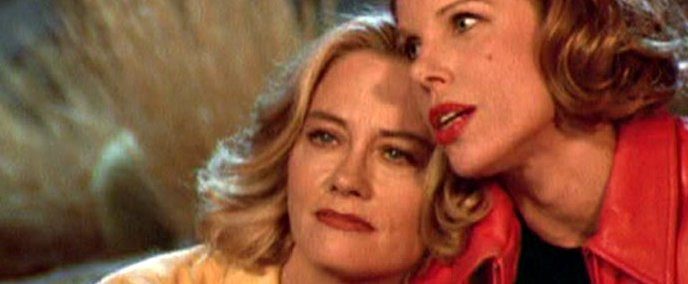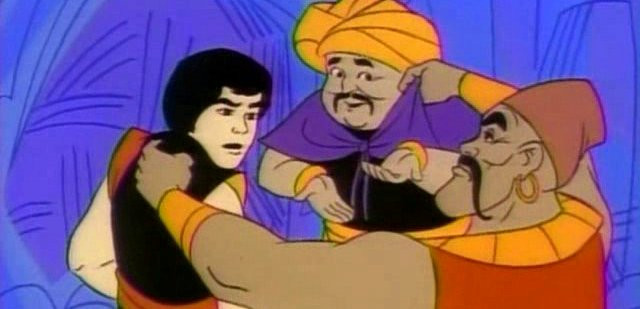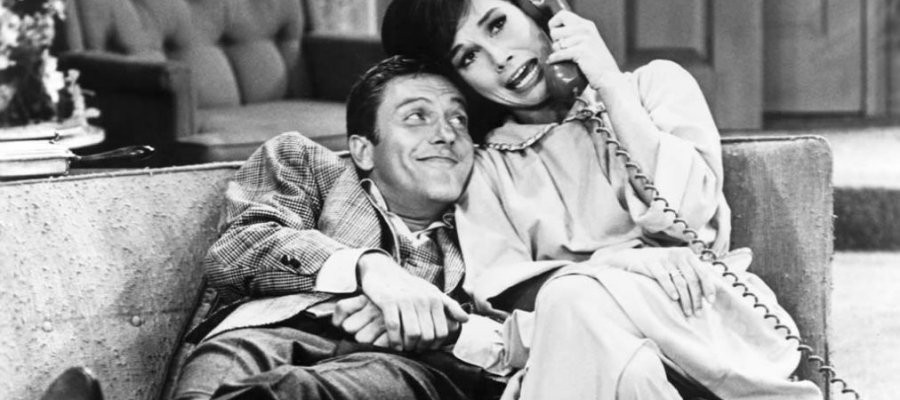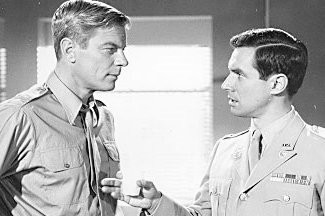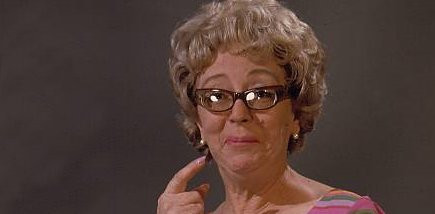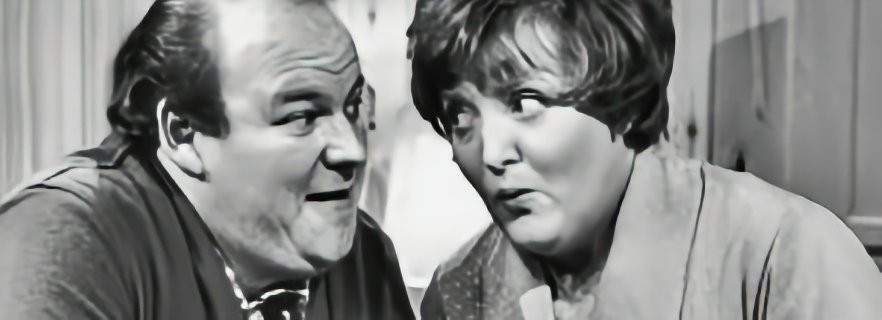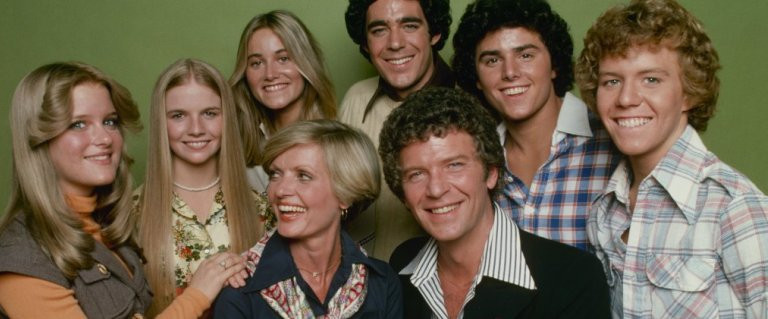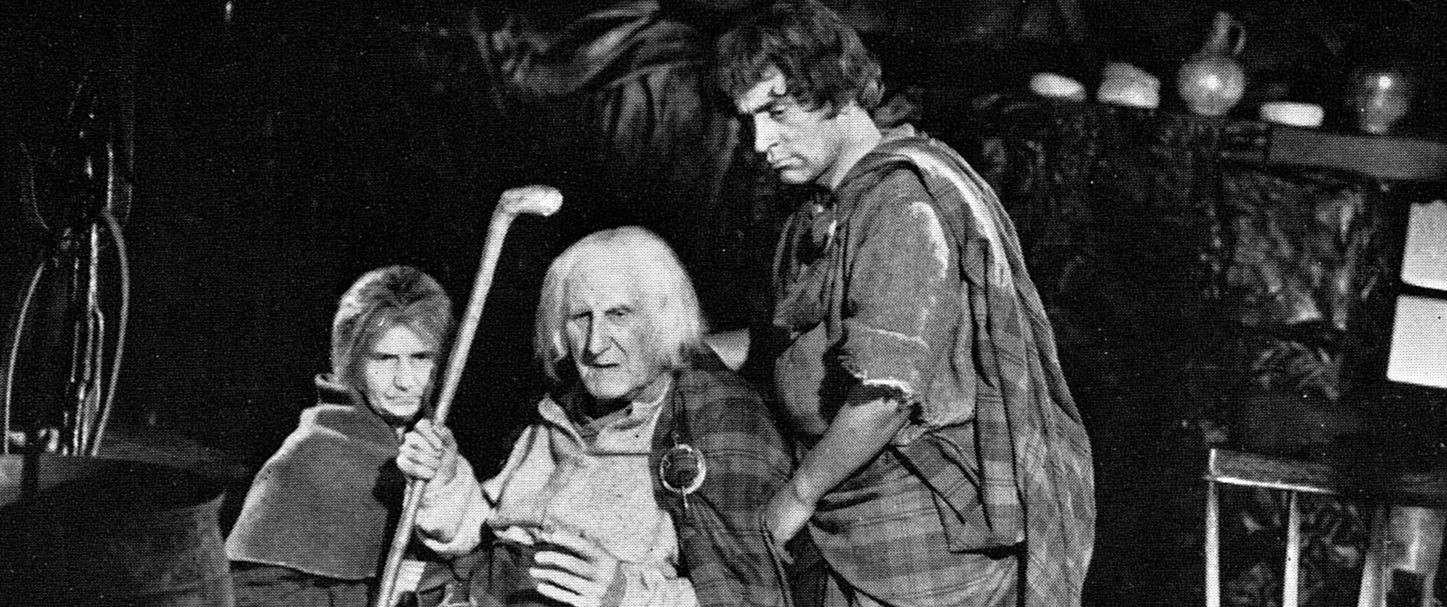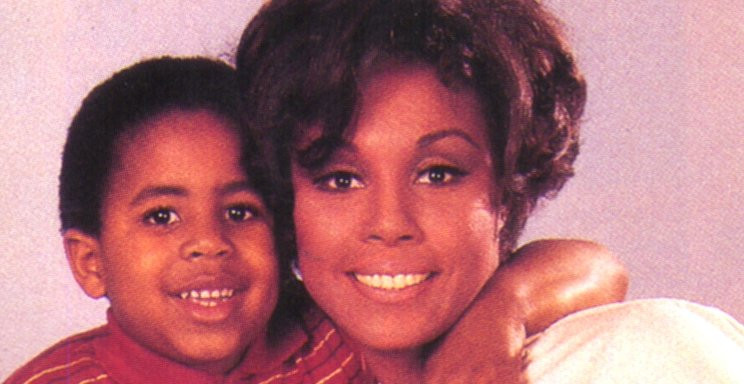
Julia
1968 - United StatesNot since the 1950s, when Ethel Waters starred as a maid to the Henderson family in the ABC sitcom Beulah, had a black female been cast in a leading TV role (although Waters was replaced for the last season, 1952-53 by Louise Beavers). But in 1968 producer Hal Kanter pitched an idea to NBC and Twentieth Century Fox about a young black widow trying to hold down a job whilst bringing up her young son. The result was a hit sitcom, but one that drew criticism and nearly drove its star, Diahann Carroll, to a nervous breakdown.
Born Carol Diann Johnson in Harlem, NYC on July 17th 1935, Diahann Carroll began her career as a singer and gradually progressed to the stage and films so that by the time the part of Julia Baker came up she was already a veteran of some half-dozen movies, the proud owner of a Tony Award for the musical 'No Doubt', and had also received an Emmy nomination for a 1963 appearance on Naked City.
She was 23 when she met and fell in love with Sidney Poitier while they were making 'Porgy and Bess'. He was married and eight years her senior but as she wrote in her autobiography: "The door opened. He stepped inside. My life changed." But despite leaving their respective spouse's the relationship between the two stars didn't last.
Carroll remembers hearing of the part for the TV series Julia and then being told that the producer didn't want her because she was 'too sophisticated'. However, Carroll managed to convince Hal Kanter that she was worth a try-out and got hold of a copy of the script for the pilot episode. 'The script was about a young, very middle-class Vietnam war widow who goes to work as a nurse in the aerospace industry. The one really special aspect of the plot was that Julia and her five-year-old son were black.' She said. She thought the script was warm and genteel and "nice" and didn't worry too much about the racial aspect so much. "'Well, I suppose this is kind of progress,'" I thought. 'First television pretended there wasn't any prejudice. Then it pretended there weren't any racial differences. Now it has reached the point where it can not only acknowledge there are differences, but a white man can write jokes for a black woman to say about them.' To prepare for the meeting with Kanter, Diahann Carroll dropped her 'sophisticated' image and turned up at the producer's office as Julia Baker. She changed her hair, put on very little make-up, wore no jewellery and sported just a plain woollen dress. The meeting apparently ended with Kanter saying to her, "Well, Julia, it's nice to have met you."
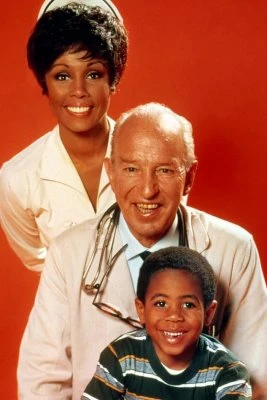
The pilot was shot and NBC ordered an initial thirteen episodes. Diahann Carroll didn't expect it to last much beyond that. Julia was up against a strong comedy line-up for the '68-'69 season including The Beverly Hillbillies, Bewitched, Gomer Pyle, Green Acres, Here's Lucy, Hogan's Heroes, I Dream of Jeannie and Petticoat Junction. The show was a smash hit.
Initially rated the number one show on air by Nielsen, Julia finished the first season in the top ten of that year's ratings with Diahann Carroll winning a Golden Globe and an Emmy nomination as Best Actress. However, the show was also criticised in some quarters as being unrealistic and unrepresentative of black people and their lifestyle. 'Saturday Review' wrote the show was, 'a far, far cry from the bitter realities of Negro life in the urban ghetto'. Carroll defended the show vehemently at first but by the start of the second season she began to question some of the scripts herself. Both media and political groups were now placing extra pressure on her and by the end of that second season she had become, in her own words, 'almost a wreck'.
By the third season of Julia, Diahann said she simply couldn't take it any more and when the time came to renew her contract, she asked to be released. In all probability Julia had run its course, anyway. It was a 'nice' sitcom about a hard working mother who was trying to bring up her oh-so-cute five-year old son, Corey (Marc Copage) with help from her outwardly grouchy but soft-at-heart boss Dr Morton Chegley (Lloyd Nolan) and fellow nurse Hannah Yarby (Lurene Tuttle). They lived in a racially mixed, middle class apartment and the series rarely tackled any major racial issues. But it broke the traditional mould of 'all white' sitcoms and led the way for future series such as Room 222, Sanford and Son and The Jeffersons, which weren't afraid to tackle such subjects. Without Julia and its acceptance into mainstream television those other shows may have been a lot longer in coming. And for that it is to be commended.
Seen this show? How do you rate it?
Seen this show? How do you rate it?
Published on December 28th, 2018. Written by Laurence Marcus and Mike Spadoni (December 12th 2003) for Television Heaven.


